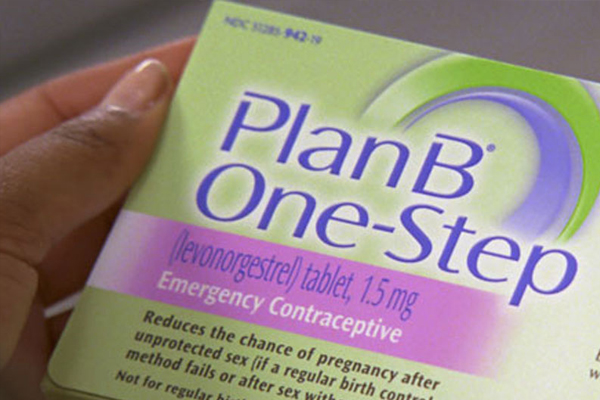The American Academy of Pediatrics (AAP) released a policy statement today recommending pediatricians make prescriptions for emergency contraception available in advance to girls under the age of 17. The morning-after pill can prevent pregnancy if used within five days of intercourse, but is only available without a prescription to women 17 and older under current federal policy.
According to Bill Alpert, chief program officer of the National Campaign to Prevent Teen and Unplanned Pregnancy, requiring a visit to the doctor can prevent many teens from using emergency contraception.
It’s just common sense that requiring a prescription is a barrier. If an august and respected medical group like AAP is suggesting providing emergency contraception to minors is OK, that is a big deal.
The statement from AAP has reignited criticism of the Obama administration for rejecting the Food and Drug Administration’s recommendation that the morning-after pill be made available without a prescription. In what many considered a political move, Department of Health & Human Services Secretary Kathleen Sebelius overruled the agency’s findings that emergency contraception is safe, creating a prescription wall for girls 17 and younger. President Obama also came out in support of Sebelius:
The reason Kathleen made this decision is that she could not be confident that a 10-year-old or an 11-year-old going to a drugstore should be able — alongside bubble gum or batteries — be able to buy a medication that potentially, if not used properly, could have an adverse effect. … And I think most parents would probably feel the same way.
Obama made women’s health, access to contraception and abortion rights a centerpiece of his reelection campaign, but his unscientific position on the morning-after pill remains a sticking point for many of the women who got him a second term. (Hi! You’re welcome!) Will a growing chorus of women’s heath advocates and medical professionals persuade his administration to reconsider his Plan B problem? Only time will tell, but let’s hope he’ll turn some of that fiery rhetoric about women — yes, even teenagers — controlling their own bodies into sound policy recommendations. Sasha and Malia certainly deserve as much.


